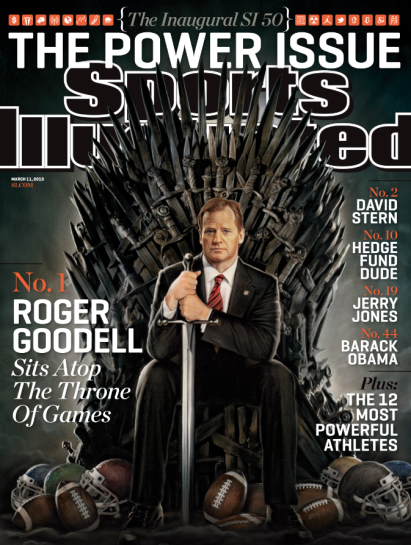In America, we are defined by action in virtually everything we do. From how we produce at work to how much we do in our spare time, we attempt to let our actions speak louder than our words.
So what does it say about us that a record number of people are choosing to not get married? Further, what does it say about us that the primary reason for this action – or inaction – is due to financial concerns?
It says that while seeking financial windfalls, we have become morally bankrupt in America.
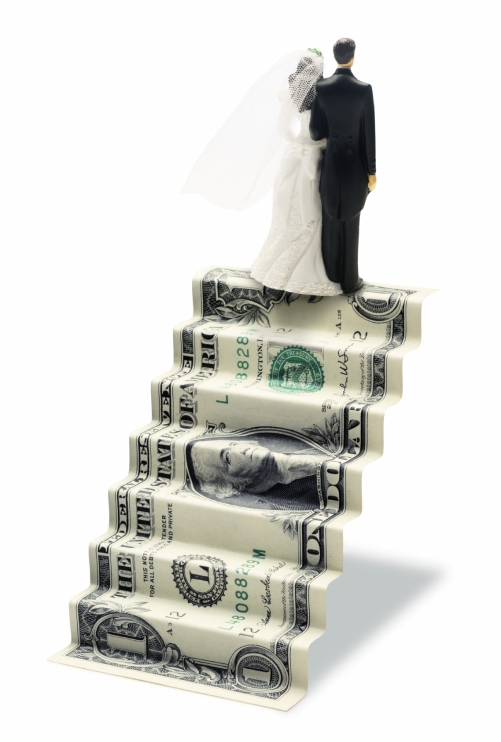
This is not a religious soapbox, nor one about the sanctity of marriage. And this certainly is not a statement on who can or should get married.Earlier this week, The Pew Research Center released a report on the decline of marriage in the United States. A record 1 in 5 Americans, aged 25 or older, have never been married – up from 1 in 10 in 1960.
The numbers are further connected by race and gender: men are less likely than women to get married, African-Americans less likely than Hispanics. Education plays in, too, as does employment. A recent survey showed that 78 percent of women polled said it would be “very important” for their prospective spouse to have a steady job.
By 2030, researchers estimate that a 25 percent of 45-t0 54-year olds will never have been married, up from 14 percent right now.
Some may write this off to a weak economy or a recession. Others may reason that because divorce rates are high – and have been for decades – a smarter generation of Americans is emerging that logically wants to make sure all their ducks are in a row and they are safe before they wed. They wish to not make the same mistakes as their ancestors and live a life free of financial stress. In fact, most reports suggest the decision to not marry is in one way or another often tied back to finances.
This fear of financial worry is another ticking time bomb in our current societal and culture implosion.
Our obsession with these numbers, of retirement, of financial freedom, our houses, cars and vacations: do we not understand they are meaningless without someone – or someones – to share it all with?
Humans have written books and produced art for centuries portraying that companionship and love are the true meaning of life. And we are slowly eradicating that by narrowing the human existence down to gross total sums of that sweet paper.
Do we not understand that individually and collectively, we determine all forms of value?
In high school, I had an awesome history teacher who gave an incredible example one day. In explaining how fragile the global economy is, he pulled out a $20 bill.
“All you need to do to completely collapse the infrastructure of any economy is get enough people to agree that this paper in my hand does not actually hold any real value,” he explained. “You see, we’ve all accepted that this is worth twenty dollars, but the paper itself is worthless. It only holds value because we accept the idea that it does. It’s merely a method of exchanging goods and services.”
The teacher went on to explain how we begin this process at a young age, trading a turkey on rye for a PB&J on wheat in the school cafeteria. Each party accepted that the trade was fair and held equal value. Long ago, this trader mentality is how we survived. Furs were traded for grains and so on.
He then ripped the $20 bill up into little pieces, letting it fall like confetti to the ground.
“The moment that any society decides the paper holds no value to them anymore, then the value agreement is broken.”
It could be argued, somewhere along the way, we got lazy and invented a system that would allow others to do the work and we would pay them for services in a standardized, official form.
We perfected this system by then equating time to money, which is really like equating apples to oranges. In essence, we are paid for our time to do and make things others do not in order to purchase things from others that we either don’t do or do not make. One could argue that it is a time saver. But if we’re trading our time anyway, what’s the difference?
While I’m not suggesting ripping up all of your money and proclaiming it has no value (I’m not a barbarian), I am urging us to stop equating apples to oranges. Is money a factor in the world we live in? Of course. Should it be the only one? Never.
We set the market on everything in this world, everything is supply and demand. The minute we stop caring about something, its value drops. We have the power on value, and we’ve had it all along.
We are the ones that buy the gas, the milk, the bread. We’ve deemed these essential to our survival. On the other side of that action, we buy the gossip, the music and movies, the drama of the NFL, the crisis of Apple iPhones bending, politics and the like. Our message is that these things are also essential to us because our actions tell us as much.
The message now, it appears, is that value rules over valuable. Money is more essential than people and relationships, that working together with someone to create a shared profit in the future, one that includes money, but is not of it is just not worth it.
 Maybe it is just me. From practically the moment I met my wife, I felt a pull that was nearly divine. In a short amount of time, I knew that I needed this woman in my life. I didn’t know exactly what that meant – I couldn’t. I didn’t know how we’d support each other, or a family, in six months, let alone six years – or 60 years.
Maybe it is just me. From practically the moment I met my wife, I felt a pull that was nearly divine. In a short amount of time, I knew that I needed this woman in my life. I didn’t know exactly what that meant – I couldn’t. I didn’t know how we’d support each other, or a family, in six months, let alone six years – or 60 years.
And that was entirely the point.
I didn’t need to know, because I wanted to try; because all I really needed, was her.
To this writer, at least, marriage isn’t about a solid, well-planned, financial future. It is simply about two people who choose to take on the randomness of the world, its roller coaster ride, as a team – and the emotional, spiritual and physical connection you get from the journey. No amount of monetary value can be placed on that, nor would I accept it if someone tried.
Some do not want to get married, others who do or are already married may not make it ‘til death do them part. It is naïve in America to think that other factors are not at play. It may not always work. I had a conversation with a close, single friend about this very thing, asking him if money would be the primary factor in him choosing to marry someone or not.
“It wouldn’t be the factor, but it would be a factor,” he said.
Fair enough. Money – or lack thereof – can certainly ruin a marriage. But this piece is about the fact we’re increasingly unwilling to even risk getting to the part where we argue with our spouse over money, spending and bills, become bitter and lose the love. This is about the supposedly sweet, gooey part at the beginning. We’re putting the money before that part all together, which means financial planning has replaced the exciting butterflies of falling in love.
It’s a personal decision, but I cannot help but wonder if all that planning for the future will be a future alone, one where we might sacrifice an emotional and physical connection with someone in order to have a larger figure in our bank account. It is a false sense of security in a world where you can never really be financially secure. The money will come and go. And when you leave, you leave with nothing except what you gave and experienced with others.
Will people remember your bank account figures or how much you paid off in student loans before getting married when your time to go comes? Do we remember that bill from four years ago that had us stressed out? Or who the bill was even from?
It is amazing how much power we’ve given that sweet paper.
I only caution us to find a balance, to be careful. This collective cultural decision to wait for marriage until financially stable means we’re willing to be alone, which ties in closely with the rise of social media.
We’re alone, but we’re pretending to be connected with people. We’re virtually social, we’re virtually getting married. One could argue we’re virtually human. Shakespeare would get laughed out of the room now; Ralph Waldo Emerson, Yeats, Frost, all deemed foolish. Our new poets are Warren Buffett, Suzy Orman and Dave Ramsey.
We have “progressed” to a point in time where we would apparently rather not take the risk of an unhappy, poor future, thus sacrificing the risk of a truly happy, rich future.
I suppose it is all in how a person defines rich and the value equated to that term.
Just try to remember, after all, it’s just paper.
It only holds the value you allow it to.

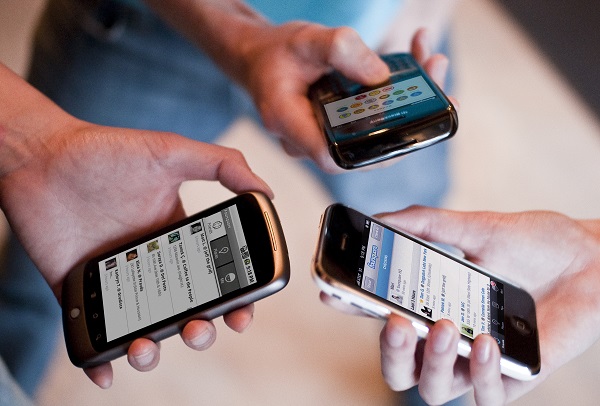 If it seems like the NFL is in a dark place right now, it is because it does seem that way. But seeming to be is not the same as it actually happening. To be fair, the NFL, NBA and the world in general are not any darker or different than it was 25 or 30 years ago.
If it seems like the NFL is in a dark place right now, it is because it does seem that way. But seeming to be is not the same as it actually happening. To be fair, the NFL, NBA and the world in general are not any darker or different than it was 25 or 30 years ago.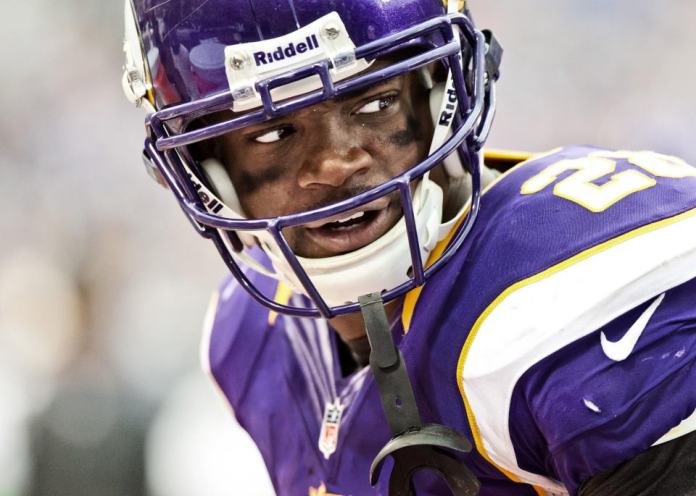
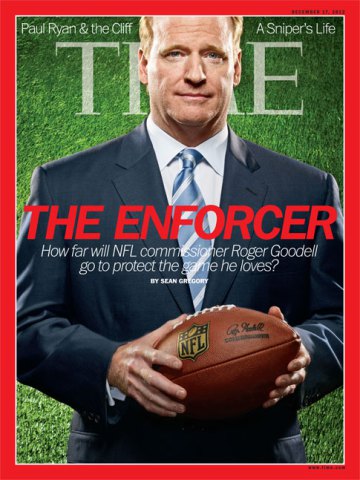 test bungled act was the two-game suspension of Ray Rice for his assault of his then-fiancée (now wife) last February.
test bungled act was the two-game suspension of Ray Rice for his assault of his then-fiancée (now wife) last February.